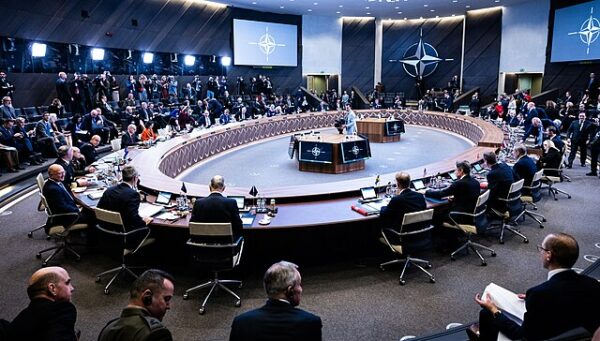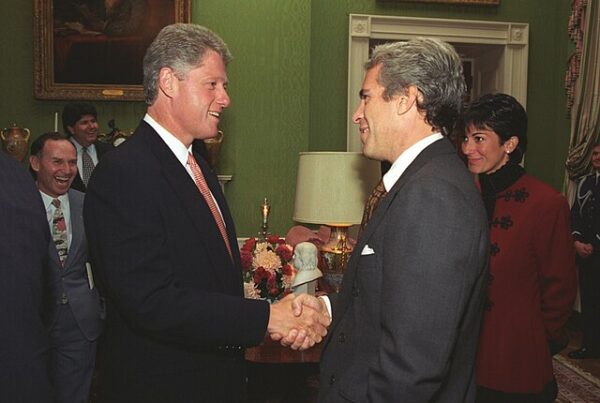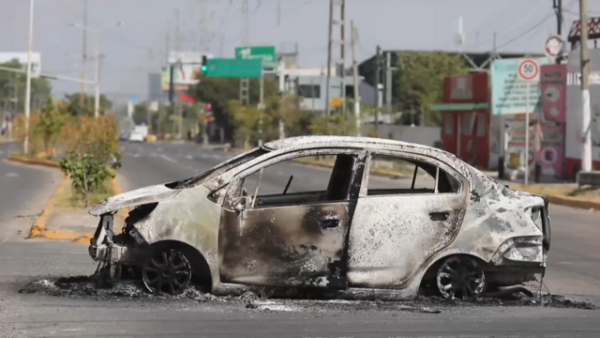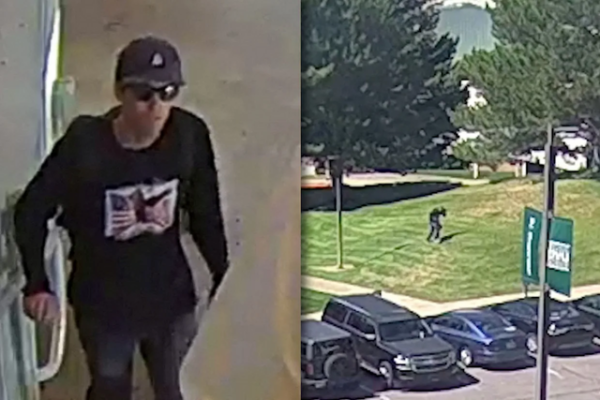NATO announced a new multinational mission Friday to reinforce defenses along its eastern frontier after a Russian drone penetrated Polish airspace earlier this week.
At NATO headquarters, Secretary General Mark Rutte unveiled the initiative, dubbed “Eastern Sentry,” with contributions from Denmark, France, the United Kingdom, Germany, and other member states. “Eastern Sentry will add flexibility and strength to our posture and make clear that, as a defensive alliance, we are always ready to defend,” Rutte told CNN.
He warned that the midweek drone incident was “not an isolated incident,” citing what he described as Russia’s rising “recklessness in the air, along our eastern flank.” The breach, he added, was “dangerous and unacceptable.”
U.S. General Alexus Grynkewich, NATO’s top commander in Europe, said the operation would be “flexible and agile,” integrating upgraded surveillance, combined air and ground defense systems, and tighter intelligence sharing. Initial deployments will include Danish F-16s and a warship, three French Rafales, and four German Eurofighters. “Although the immediacy of our focus is on Poland, this situation transcends the border of one nation. What affects one ally affects us all,” Grynkewich said.
He compared the plan to NATO’s earlier “Baltic Sentry” response to undersea cable sabotage, but emphasized the broader reach this time — stretching “from the high north to the Black Sea and the Mediterranean.” The goal, he said, is to constantly adjust NATO’s posture “in a manner that keeps the adversary off guard but also responds to specific threats as we see them emerging.”
Polish leaders rejected any suggestion the incursion was accidental. Prime Minister Donald Tusk called it an “attack,” writing, “We would also wish that the drone attack on Poland was a mistake. But it wasn’t. And we know it.”
Marcin Przydacz, head of the presidential office for international affairs, told Radio ZET that intelligence indicated Russia launched up to 21 drones toward Poland, with some crossing repeatedly over the frontier. Authorities confirmed 19 airspace violations and recovered 16 drone remnants across hundreds of square miles.
Reaction abroad was swift. At the White House, President Donald Trump said the incident “could have been a mistake, but regardless, I’m not happy about anything having to do with that whole situation, but hopefully it’s going to come to an end.”
At the United Nations Security Council, a joint declaration voiced “grave concern” over Russia’s conduct. Polish State Secretary Marcin Bosacki denounced it as “a provocation [that] is profoundly disrespectful toward the collective and tireless efforts of the international community.” U.S. Ambassador Dorothy Shea said the Polish breach, combined with Moscow’s intensifying strikes in Ukraine, showed “immense disrespect for good faith US efforts to bring an end to this conflict.”
Russia’s UN envoy Vasily Nebenzya countered that the claims were physically impossible, insisting the drones’ range “did not exceed 700 kilometers.” In Paris, Russian Ambassador Alexey Meshkov dismissed the allegations as “baseless,” according to reports.
Closing the briefing, Rutte stressed that intent was irrelevant. “Russia violated NATO airspace. Therefore, we must, as NATO, make clear our resolve and our ability to defend our territory. And that is exactly what Eastern Sentry is designed to do.”
[Read More: JD Vance Pays Solemn Tribute To Friend]











Gee should have had war plans updated by now since 1990
NATO is made up of twelve of the largest countries in North Atlantic Europe and North America being bullied and held off by Russia’s little dictator. How can this be ?? Nobody wants war but how else does one deal with an insane megalomaniac ? Is NATO going to wait until Putin becomes the next Hitler ??